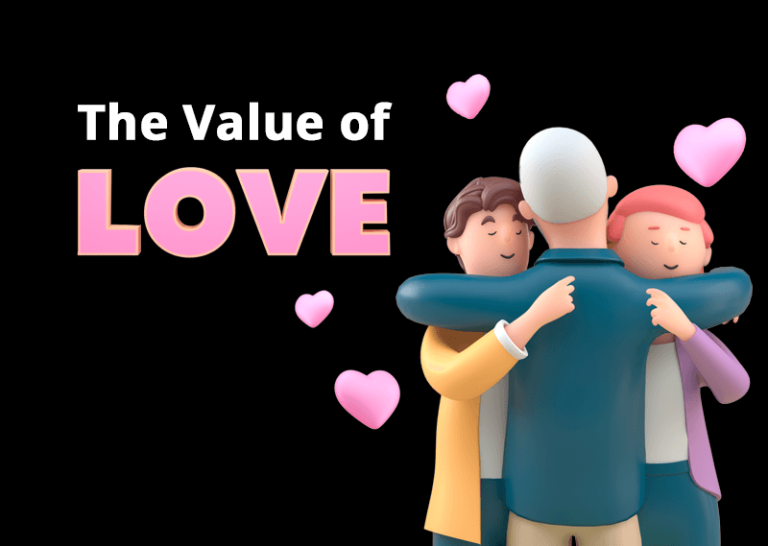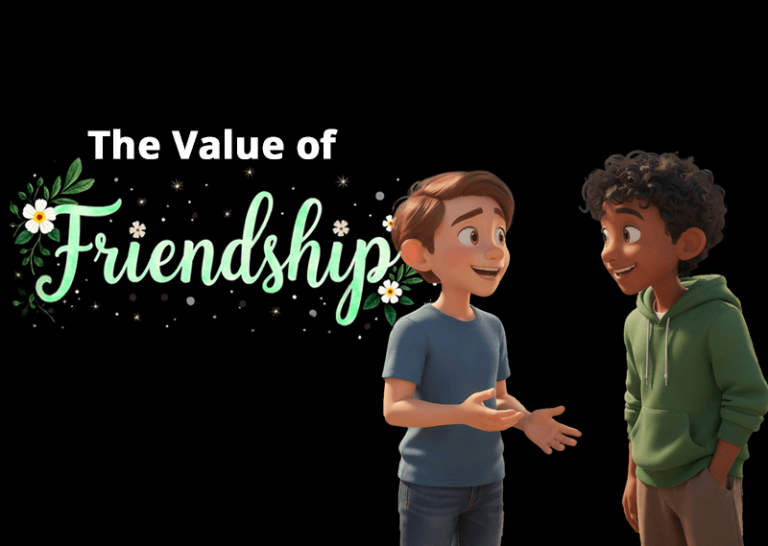Are you facing a new situation and wondering how to succeed? Do you often have to choose between helping others and taking care of yourself? If so, then you and the Old Testament woman named Ruth are a lot alike.
Many of us are probably familiar with the beginning of Ruth’s story. Her father-in-law had already died, and then her husband and brother-in-law died as well. This left Ruth, her sister-in-law named Orpah, and their mother-in-law named Naomi all widows. Naomi told Ruth and Orpah to return to their families so that they could be taken care of. But Ruth insisted on staying with Naomi.
Perhaps our first reaction is to think, “How sweet of her to stay with Naomi!” But Ruth’s decision was more than sweet; it was also incredibly brave.
Why? For one thing, Ruth was a Moabitess. Naomi had come to Moab because of a famine, but she planned to return to her homeland of Judea. Naomi was also a Hebrew, while Ruth had been raised with different beliefs. And finally, Naomi had no way to support herself or Ruth. So when Ruth chose to go with Naomi, she chose to leave behind her homeland, family, and religion; to comfort a mourning woman when she herself had reason to mourn; and to become the breadwinner of the family.
Maybe you are in a similar situation—you’ve just left home to go to college or serve a full-time mission, left familiar ground to start a new job, or left your former beliefs to join the Church of Jesus Christ of Latter-day Saints.
Or maybe your surroundings are familiar, but someone close to you is struggling. Perhaps you spend a lot of your time and energy trying to help and comfort that loved one even though your own life is already hectic. You may wonder how much more you can give.
If either of those descriptions sounds familiar, then you can take encouragement and counsel from Ruth’s story. Three of the four chapters in Ruth are dedicated to describing the blessings Ruth received for her courageous choice.
So what were those blessings? Ruth started out gleaning—picking up leftover grain after the main harvest—to feed herself and Naomi. But the owner of the field, Boaz, made sure she got extra grain and a meal at the end of the day. He even told her to come back again and promised her safety.
Why would Boaz do all this? Ruth asked the same question, and this was Boaz’s answer, in today’s terms: “I’ve heard about everything you’ve done for your mother-in-law after your husband died—how you left your family and homeland to come to a place and people you didn’t know. The God you have come to trust will reward your work.”
And Ruth certainly was rewarded. At Naomi’s suggestion, she approached Boaz again, and he ended up marrying her. Then Ruth gave birth to Obed, the grandfather of King David and ancestor of Jesus Christ Himself. Ruth’s marriage and son even brought comfort to the mourning Naomi.
Ruth left us an admirable and balanced example to follow. Ruth walked boldly to Bethlehem; we can jump optimistically into new situations. Ruth fed Naomi, but was sure to eat her fill; we can reach out to our struggling friends, but take care of ourselves so we can continue to give. Ruth saw a chance to improve her situation and took it; we can ask the Lord and others for help.
If we strive to be like Ruth, we will someday hear God tell us something like Boaz told Ruth: “I have seen everything you’ve done for your loved ones. And I, the God you have come to trust, will reward your work.”
What Ruth Did What We Can Do
Stayed with her mother-in-law (Ruth 1:14) Remain loyal to the people who need us
Chose to adopt Naomi’s religion (1:16) Value truth above our traditions and opinions
Volunteered to glean in the fields (2:2) Look for opportunities to serve and work hard
Thanked Boaz for his kindness (2:10, 13) Be grateful and watch for God’s blessings
Obeyed Naomi (3:5) Obey our leaders and respect everyone
Ate her fill and asked Boaz for help (2:18, 3:9) Take care of ourselves and get help if we need to



